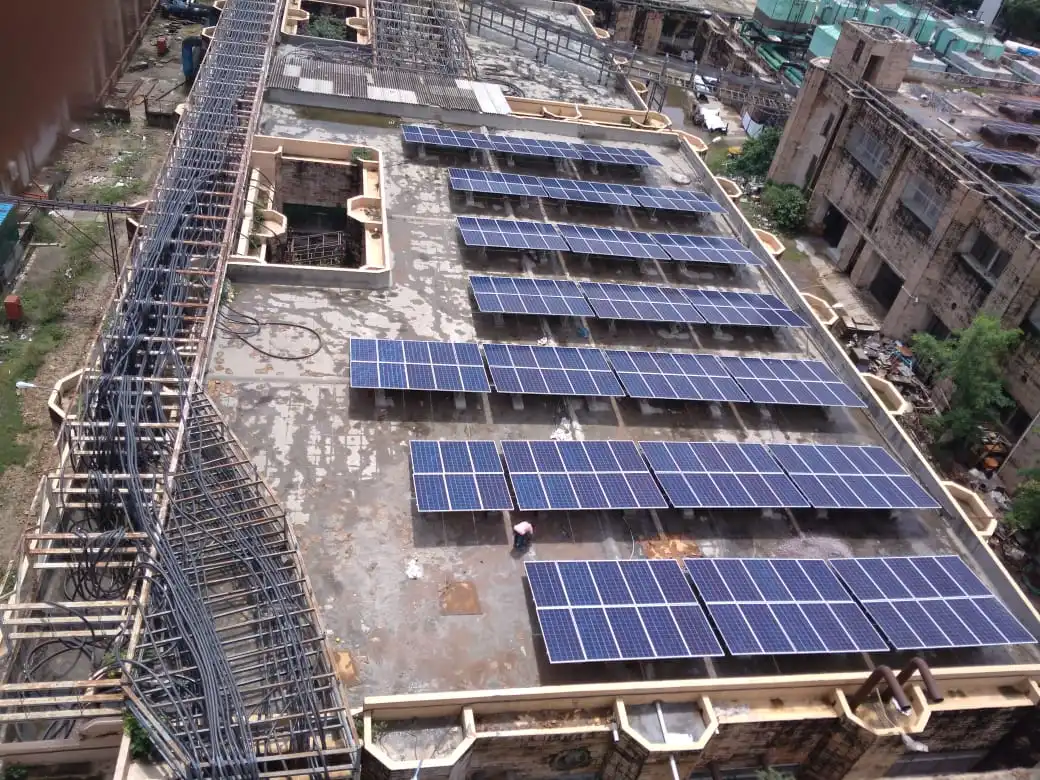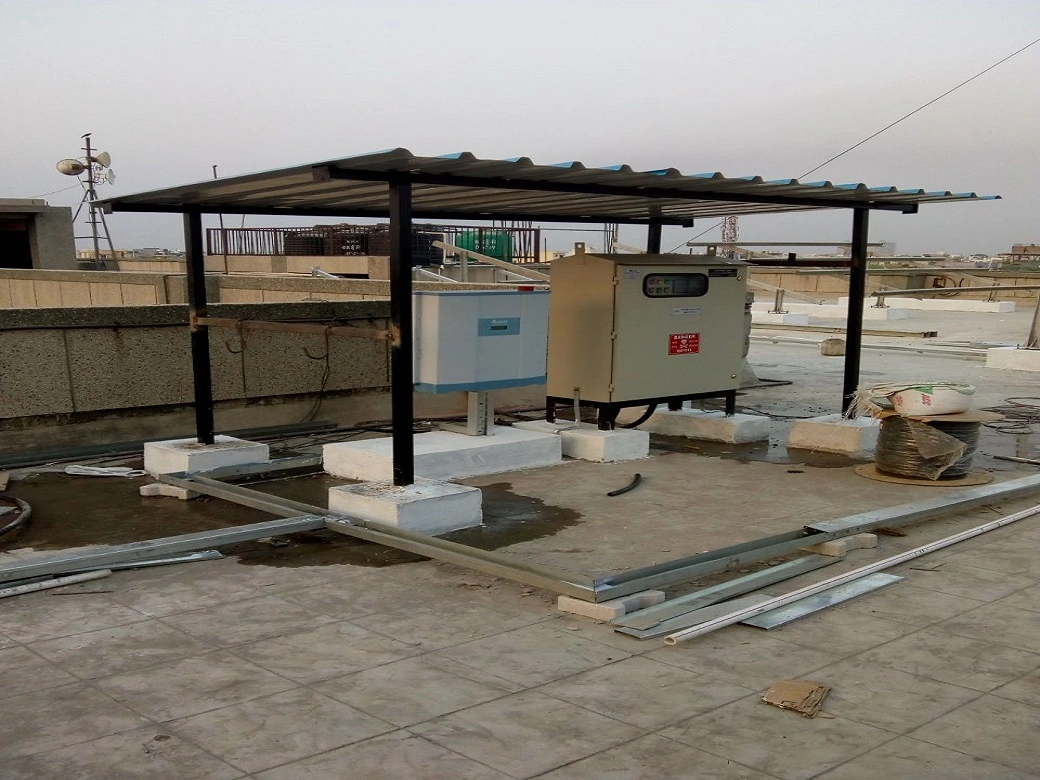Hind Solar: Your Partner for Affordable Rooftop Solar Cells
At Hind Solar, we believe everyone should have access to clean energy without worrying about high costs. Our rooftop solar systems are designed to offer the best value for money while ensuring high efficiency and durability. Here’s why Hind Solar stands out:
- High-Quality Solar Cells: We offer both mono-crystalline and poly-crystalline solar cells to suit your energy needs and budget.
- Expert Installation: Our team of experts ensures quick and professional solar in roof installations with minimal disruption.
- Customised Solutions: We help you choose the right solar system based on your home size, energy consumption, and budget.
Types of Rooftop Solar Cells
Mono-Crystalline Solar Cells
- Description: These are made from a single crystal structure and are the most efficient type of solar cells available.
- Efficiency: High efficiency, typically around 18-24%.
- Advantages: They perform better in low-light conditions and are space-efficient, making them ideal for smaller rooftops.
- Cost: ₹45,000 to ₹70,000 per kW
Poly-Crystalline Solar Cells
- Description: These are made from multiple silicon crystals melted together, resulting in a less efficient but more affordable solar cell.
- Efficiency: Moderate efficiency, usually around 15-18%.
- Advantages: Lower cost makes them a popular choice for budget-conscious installations.
- Cost: ₹30,000 to ₹50,000 per kW
Thin-Film Solar Cells
- Description: Made from a variety of materials (such as amorphous silicon, cadmium telluride), thin-film solar panels are lighter and more flexible.
- Efficiency: Lower efficiency, around 10-12%.
- Advantages: Flexible and lightweight, making them suitable for unconventional or low-load rooftops. They also perform well in diffused sunlight and high temperatures.
- Cost: ₹25,000 to ₹40,000 per kW
Solar Panel Price List & Packages
Hind Solar offers a transparent pricing model, helping you understand what you’re paying for. Here’s a general idea of the price range for different types of rooftop solar systems:
- 1kW System: Ideal for small homes with moderate power usage. Pricing starts at INR 50,000.
- 3kW System: Suitable for medium-sized homes, offering more power generation. Pricing starts at INR 1,20,000.
- 5kW System: Perfect for larger homes or those with higher power consumption needs. Pricing starts at INR 2,00,000.
The Solar in Roof Installation Process
Installing solar panels with Hind Solar is a simple and straightforward process. Here’s how we do it:
- Consultation & Site Survey: Our team will assess your roof, energy needs, and budget to suggest the right solar power roof system.
- Design & Proposal: We’ll provide a customised solution and a transparent cost breakdown, so you know exactly what you’re getting.
- Installation: Our certified technicians handle the entire installation process, ensuring safety and efficiency.
- Monitoring & Maintenance: After installation, we provide tips on how to maintain your solar panels. Our team also offers ongoing support to ensure your system works at its best.
Conclusion: Go Green with Hind Solar
Choosing solar power is not only an environmentally responsible decision but also a smart financial move. With Hind Solar’s affordable rooftop solar systems, you can start saving money on electricity while doing your part to protect the planet.
Contact Hind Solar today for a free consultation, and let us help you find the perfect solar power roof solution for your home!
Frequently Asked Questions (FAQs)
1. What is the cost of installing rooftop solar panels?
The cost of rooftop solar installation varies depending on the size of the system, location, and equipment quality. On average, it can range between ₹50,000 to ₹1,50,000 per kW in India, but incentives and subsidies can reduce the cost.
2. Do solar panels work during power outages?
Most grid-tied solar panel systems automatically shut down during a power outage for safety reasons. However, if you have a solar battery backup or an off-grid system, you can continue using solar energy even during outages.
3. Are there government subsidies or incentives for installing rooftop solar panels?
Yes, the Indian government provides subsidies through the Ministry of New and Renewable Energy (MNRE) for residential solar installations. The exact subsidy varies based on system size and location, often covering up to 40% for small systems.
4. How much electricity can a typical rooftop solar system generate?
A typical 1kW solar system generates approximately 4-5 units (kWh) of electricity per day, depending on the location and weather conditions. This can vary based on factors like panel efficiency and sunlight exposure.
5. Can solar panels be installed on any type of roof?
Solar panels can be installed on most roof types, including flat, sloped, or metal roofs. However, the roof must have sufficient structural strength, and the orientation and shading can affect the system’s efficiency. A site assessment is recommended before installation.







